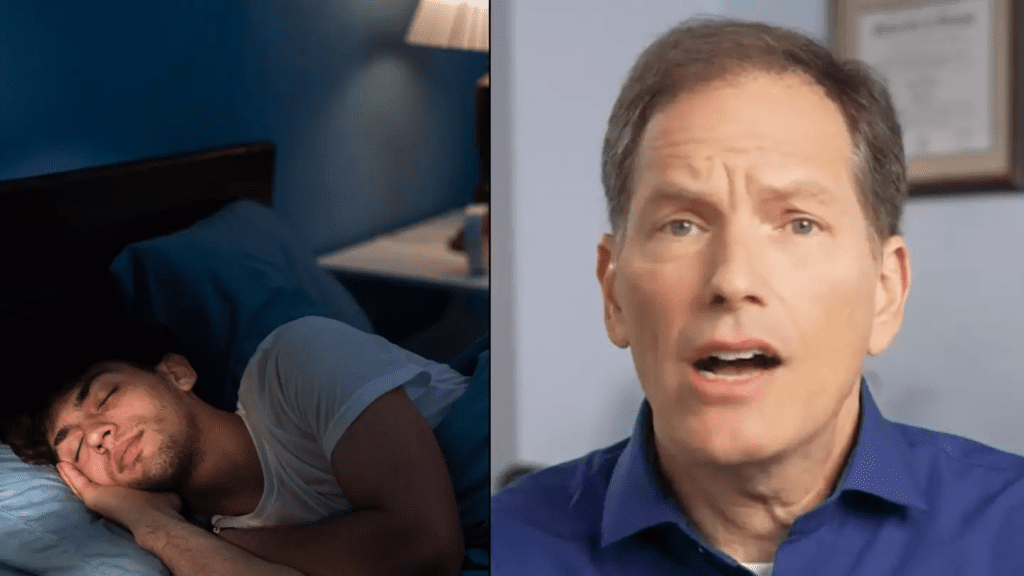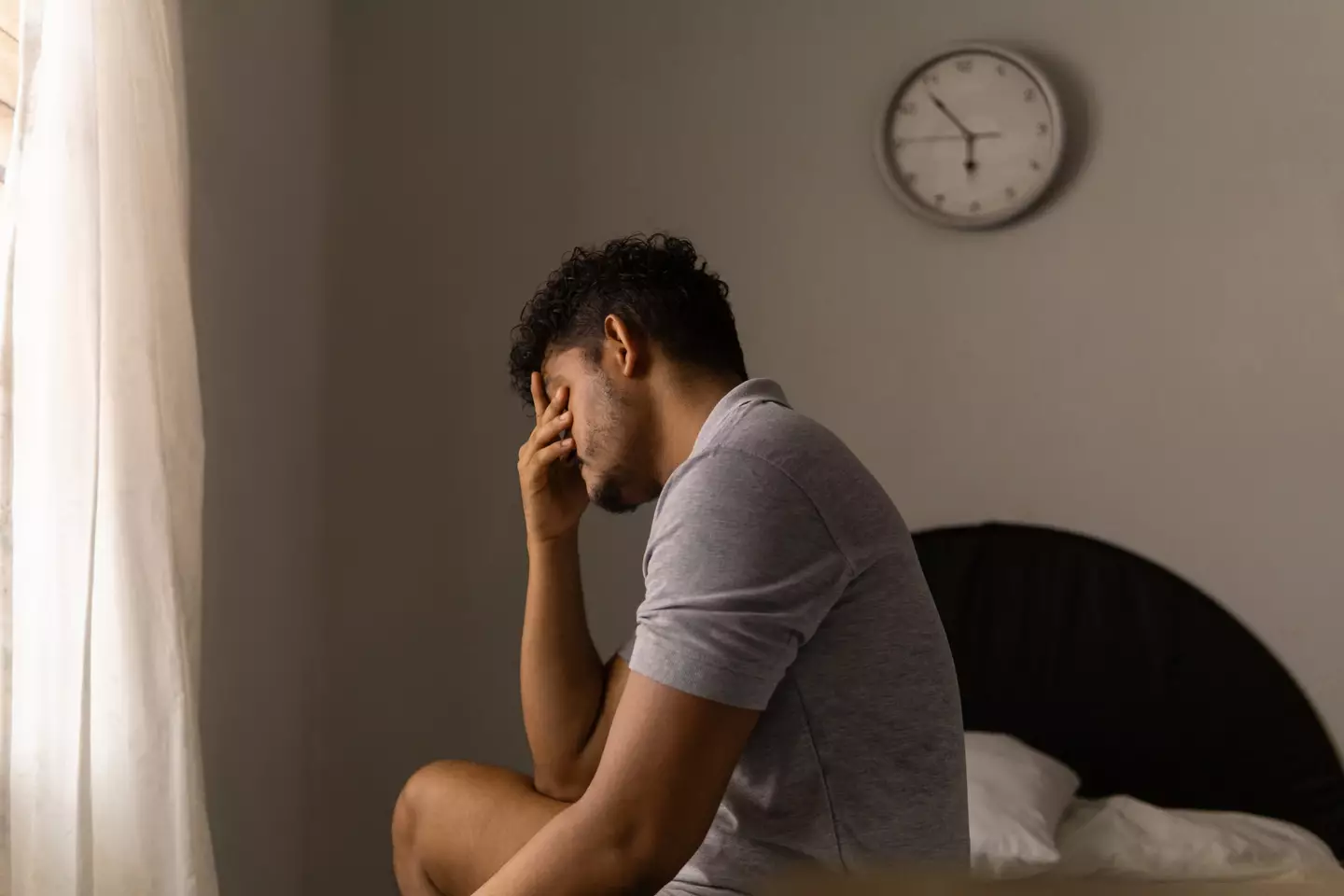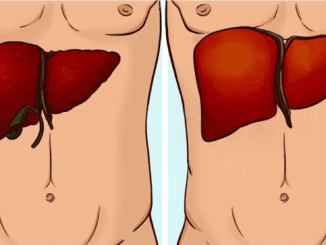Getting a good night’s rest is crucial for our physical and mental well-being. But have you ever wondered how long it should actually take you to fall asleep? While the time it takes to drift off can vary due to numerous factors, a sleep expert has shared some insights on the ideal time frame and what it could mean if you’re snoozing sooner—or later—than expected. In this article, we’ll explore the truth about how long it should take to fall asleep, why it matters, and how to improve your chances of better rest.

What Is the Ideal Time to Fall Asleep?
Dr. Michael Breus, known as “The Sleep Doctor,” has shared his insights on the time it should typically take to fall asleep. According to Dr. Breus, it should take between 10 and 15 minutes for the average person to nod off at night. This timeframe has been established through sleep laboratory research and field studies, which indicate that falling asleep within this window is generally a sign of healthy sleep patterns.
Why 10-15 Minutes?
If you’re dozing off within 10 to 15 minutes, it usually means you’re naturally winding down at the right time. This period allows the body to transition from wakefulness to sleep, reflecting that your sleep pressure—the build-up of the need for sleep over the day—is at a healthy level.
What If You’re Falling Asleep Too Quickly?
While many people wish they could fall asleep as soon as their head hits the pillow, doing so in under five minutes could actually be a red flag.
@thesleepdoctor Military Sleep Training is NOT what you think! 😱 #FallAsleep #SleepFast #MilitarySleepMethod #HowSleepWorks #FallAsleep ♬ original sound – Sleep Doctor
Is Falling Asleep Instantly a Sign of Sleep Deprivation?
Dr. Breus warns that falling asleep too quickly, such as within two or three minutes, is often a sign of sleep deprivation. When the body is severely deprived of sleep, it will try to compensate by falling asleep faster than usual once given the opportunity.
The Impact of Sleep Deprivation
Sleep deprivation can have a range of negative effects, including decreased cognitive function, mood swings, weakened immune response, and even increased risk of serious health conditions. So, if you’re consistently nodding off almost instantly, it may be your body’s way of signaling that it’s not getting enough rest.
What If It Takes Longer Than 15 Minutes?
On the flip side, some people take longer than the recommended 10-15 minutes to fall asleep. This could be due to several factors, such as stress, anxiety, or certain sleep disorders.
What Does It Mean if It Takes Hours to Fall Asleep?
If you often find yourself lying awake for hours, even when you feel exhausted, it might be due to conditions like insomnia or restless leg syndrome. Stress, overthinking, or irregular sleep schedules can also make it harder to fall asleep within the ideal timeframe.
Psychological Factors at Play
Anxiety, stress, and overthinking are common reasons why people struggle to fall asleep. Your mind might be racing, processing the events of the day, or worrying about the future, making it harder for your body to relax and fall into sleep mode.

If you’re falling asleep super quickly, you might be sleep deprived (Getty Stock Image)
Sleep Changes During Your Twenties
As Dr. Breus points out, sleep patterns shift significantly during our twenties. One of the most notable changes is a reduced tolerance for staying up late.
Why Late Nights Get Tougher in Your Twenties
During puberty, our internal body clocks, or circadian rhythms, naturally shift, causing us to feel more awake in the evening. This change often continues into the early twenties, making late nights more appealing. However, as we progress through this decade, our ability to bounce back from a late night diminishes. In other words, the hangover from a lack of sleep starts to feel more intense, signaling the body’s increased need for consistent rest.
Social Schedules and Sleep Deprivation
While most people in their twenties have the time and freedom to sleep more, social commitments often disrupt their sleep schedules. Whether it’s late-night outings, work, or social media scrolling, sleep often takes a backseat.
How to Improve Your Sleep Efficiency
If it takes you too long to fall asleep—or if you’re nodding off way too fast—there are ways to improve your sleep efficiency and achieve a healthier bedtime routine.
1. Establish a Consistent Sleep Schedule
One of the most effective ways to improve your sleep efficiency is to go to bed and wake up at the same time every day, even on weekends. This helps regulate your internal body clock and makes it easier to fall asleep and wake up naturally.
2. Create a Relaxing Bedtime Routine
Develop a routine that helps signal to your body that it’s time to sleep. This could include reading, meditating, taking a warm bath, or practicing breathing exercises. Avoid stimulating activities, like watching TV or using your phone, as they can make it harder for your brain to wind down.
.jpg)
How long does it take you to fall asleep? (Getty Stock Image)
3. Optimize Your Sleep Environment
The right environment can make a big difference in how quickly you fall asleep. Ensure that your room is dark, quiet, and cool. Investing in a comfortable mattress and pillows can also significantly improve your sleep quality.
4. Limit Stimulants Before Bed
Avoid caffeine, alcohol, and nicotine close to bedtime, as they can interfere with your ability to fall asleep. These substances can disrupt your sleep cycle, making it harder to reach the deeper stages of restorative sleep.
5. Try Relaxation Techniques
If anxiety or overthinking is keeping you up, consider trying relaxation techniques like deep breathing, progressive muscle relaxation, or guided imagery. These methods can help calm your mind and body, making it easier to drift off.
Why Understanding Your Sleep Matters
Understanding how long it takes to fall asleep can give you valuable insights into your overall health and well-being. Whether you’re falling asleep too quickly or struggling to doze off, adjusting your sleep habits can have a significant impact on your mental clarity, mood, and physical health.
The Takeaway
While it might seem like a small detail, the time it takes to fall asleep can be a telling indicator of your sleep health. If you’re consistently falling asleep too fast or lying awake for hours, it’s worth examining your routine and making adjustments. Remember, quality sleep is just as important as quantity.
Conclusion: Strive for Better Sleep Tonight
Achieving the right balance in sleep timing is crucial for maintaining optimal health. If you’re taking longer than 15 minutes to fall asleep, it may be time to reassess your bedtime routine or seek professional advice if needed. Conversely, if you’re dozing off in seconds, it’s a clear sign that your body is craving more rest. Aim for that sweet spot of 10-15 minutes to enjoy a restful and rejuvenating night’s sleep!


